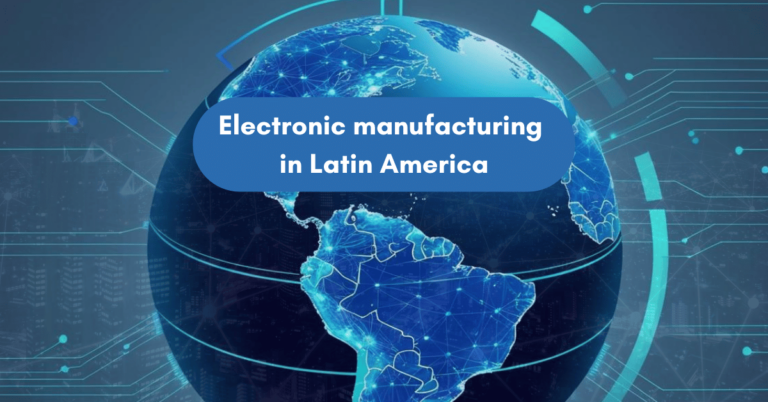US to ban cars with technology from China and Russia

One of the biggest news stories of the last few days in the world of commerce is that the United States will ban cars with technology from China and Russia. This has direct implications for the world of software and hardware worldwide, so if you are a technology lover, this article is for you.
Why is the US banning cars with technology from China and Russia?
Before answering the question, it is necessary to remember one thing: when we talk about cars, we are no longer simply referring to mechanical instruments that serve the function of transporting you from one place to another. Today, we are actually talking about interconnected devices, loaded with electronic components that allow them to have functionalities such as entertainment centers and geolocation systems, just to give a small example.
Gina Raimondo, Secretary of Commerce of the United States, expressed it very well when she said that, “cars are no longer just steel and metal on wheels,” adding that all new vehicles have hardware that allows them to connect to the Internet and cloud services.
With this clear, the reason why the United States will ban cars with technology from China and Russia is based on national security issues, since so much interconnection is controlled by the wrong hands, which would lead to possible accidents or even the blocking of roads in that country, without taking into account a possible intelligence strategy within the territory.
For some, it may seem like paranoia, but it is also true that the United States has faced so many “strange” events that this type of measure is not really surprising, not to mention that it also includes the trade and technological war between the countries involved.
What does this event represent for other regions?
Lo primero que hay que decir, es que la prohibición se hará de manera gradual, iniciando por el software en 2027 y luego el hardware en 2029.
Lo interesante aquí, es que Estados Unidos tendrá que buscar nuevos aliados que suplan la demanda actual del mercado, y esto incluye a la industria electrónica, que a nivel Latinoamérica viene creciendo considerablemente, en capacidad y en conocimiento.
Actualmente, muchas de las necesidades tecnológicas y manufactureras de la industria norteamericana, han migrado a Latinoamérica, y no es de extrañarse que esta tendencia siga incrementando, convirtiendo así a Latam en una región con alto potencial para el desarrollo electrónico como tal.
Are there companies in Latin America that are dedicated to carrying out highly complex electronic developments?
Of course, and not only that, at Bixtia, we have developed electronic projects for American companies, but we also serve the Latin American market.
With a strategic location in Medellín, Colombia, we have made it possible for companies from multiple sectors, including the automotive sector, to have an ally in the region that allows them to facilitate their design, development, component acquisition and electronic manufacturing processes in one place.
We invite you to learn more by clicking on the following button.


